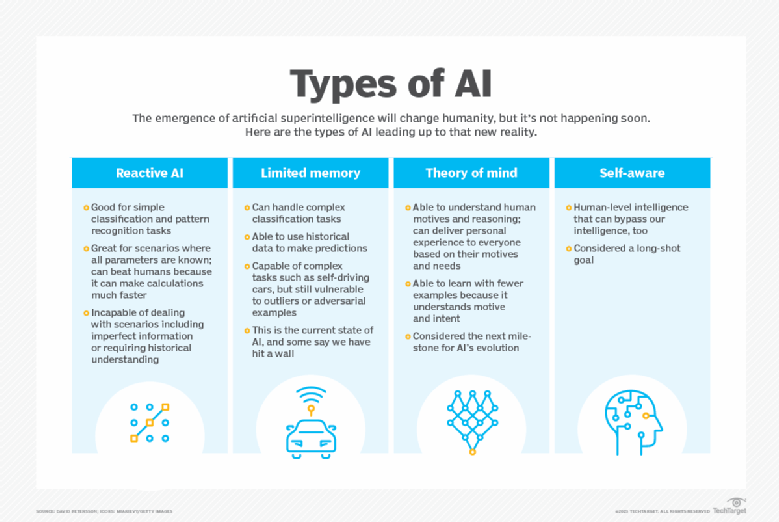Harnessing the Power of
Artificial Intelligence:
The Rise of Intelligent Machines"
What is artificial intelligence (AI)?
Artificial intelligence is the simulation of human intelligence processes by machines, especially computer systems
“Harnessing the Power of Artificial Intelligence: The Rise of Intelligent Machines” is an excellent title that captures the essence of AI’s transformative potential and its impact on society. It suggests the utilization of AI’s capabilities to empower humanity and the inevitable growth of intelligent machines in various aspects of our lives. The title conveys a sense of progress and innovation while emphasizing the responsibility that comes with wielding this powerful technology.

Artificial Intelligence (AI) refers to the simulation of human intelligence in machines that are programmed to think, reason, learn, and perform tasks that typically require human intelligence. These machines can analyze data, recognize patterns, solve problems, make decisions, and even engage in natural language interactions.
Will marketers be replaced by AI?
It’s true that AI marketing comes with a bunch of great perks. But we’re sure most marketers have woken in a cold sweat with an intrusive thought: Are robots gonna replace me? If AI is just so good at this whole marketing thing, what are we gonna need marketers for?
There’s no denying that digital marketing as we know it is in for some big changes. But marketers—being their usual, nimble selves— are already adapting. Our research shows that marketers are fully aware of how AI can help them juggle everyday challenges, supporting and enhancing their marketing efforts.
How does AI work?
As the hype around AI has accelerated, vendors have been scrambling to promote how their products and services use it. Often, what they refer to as AI is simply a component of the technology, such as machine learning. AI requires a foundation of specialized hardware and software for writing and training machine learning algorithms. No single programming language is synonymous with AI, but Python, R, Java, C++ and Julia have features popular with AI developers.
AI programming focuses on cognitive skills that include the following:
Learning. This aspect of AI programming focuses on acquiring data and creating rules for how to turn it into actionable information. The rules, which are called algorithms, provide computing devices with step-by-step instructions for how to complete a specific task.
Reasoning. This aspect of AI programming focuses on choosing the right algorithm to reach a desired outcome.
Self-correction. This aspect of AI programming is designed to continually fine-tune algorithms and ensure they provide the most accurate results possible.
Creativity. This aspect of AI uses neural networks, rules-based systems, statistical methods and other AI techniques to generate new images, new text, new music and new ideas.
Why is artificial intelligence important?
AI is important for its potential to change how we live, work and play. It has been effectively used in business to automate tasks done by humans, including customer service work, lead generation, fraud detection and quality control. In a number of areas, AI can perform tasks much better than humans. Particularly when it comes to repetitive, detail-oriented tasks, such as analyzing large numbers of legal documents to ensure relevant fields are filled in properly, AI tools often complete jobs quickly and with relatively few errors. Because of the massive data sets it can process, AI can also give enterprises insights into their operations they might not have been aware of. The rapidly expanding population of generative AI tools will be important in fields ranging from education and marketing to product design


